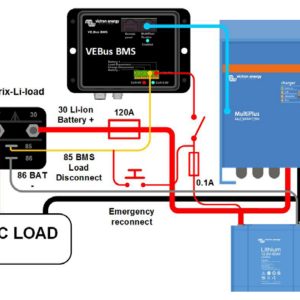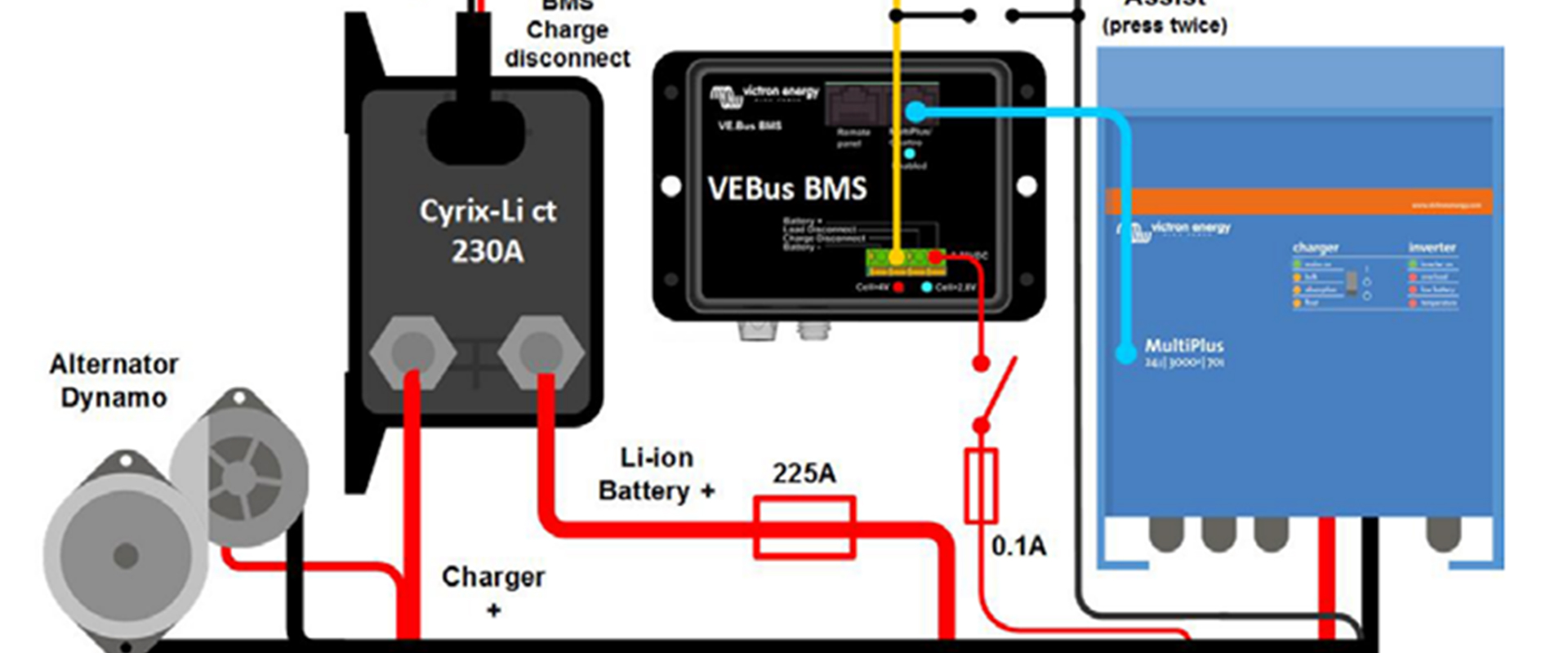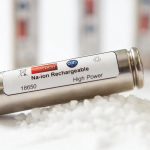Inverters play a vital role in the conversion of electrical energy, but their technical specifications may seem complex to many. In this article, we’ll demystify these specifications and provide you with essential information for choosing the inverter that best meets your energy needs. Whether you’re considering solar panel installation or looking to optimize your power system, understanding the technical specifications is crucial.
 Demystifying Inverter Technical Specifications
Demystifying Inverter Technical Specifications
Understand the key features of inverters in simple terms:
- Power Rating (in watts): Think of the inverter as a garden hose, and the power rating represents how much water it can pass through at one time without overflowing. If you have a large garden, you’d want a hose that can deliver a lot of water quickly, right? It’s the same with the inverter: choose one with a wattage that matches what you need to avoid “overflows” or weaknesses.
- Input and Output Voltage: It’s a bit like electrical outlets in different countries. You know, when you’re traveling and need an adapter because your phone charger won’t fit in the wall outlet? Well, the inverter also has its own “plugs” (input and output voltages) and you need to make sure they match your equipment, such as your solar panels.
- Efficiency: Imagine a factory that uses 10 apples to make a juice and only comes out with 8 bottles because 2 apples are wasted. The efficiency would then be 80%. Similarly, the efficiency of an inverter shows you how much energy it actually transforms without waste. The higher the percentage, the better!
- Output Waveform: Think about the music. Some songs have regular rhythms and others have more jerky rhythms. Inverters also “play” different “melodies”: some regular (sine waves) and others less (modified waves). Delicate electronic devices, like your TV or computer, prefer to dance to regular beats. So make sure you choose the “melody” that best suits your equipment.
Let’s explain these characteristics of inverters with simple and accessible analogies:
- Total Harmonic Distortion (THD): Imagine listening to your favorite song on the radio. If the radio is set correctly, the song sounds clear and pure. But if it’s not set right, the song could be accompanied by noises or crackles. DHT is like those “crackles” for inverters. Low DHT means that the energy delivered is clean and pure, which is perfect for delicate appliances.
- Switching time: It’s like the time it takes for a candle to light when a power outage occurs. You’d want that candle to light instantly to avoid getting left in the dark, right? An inverter with a short switching time ensures that your devices don’t even “feel” this micro-cut.
- Protection Features: Think of the inverter as a gatekeeper. Some guards are equipped with whistles, flashlights, or even alarms to better protect. Similarly, some inverters are equipped with special devices to protect your devices from power surges or overloads, much like a super-equipped guard!
- Connectivity: Imagine having a food processor. If it’s connected to an app on your phone, you can control it even when you’re not in the kitchen. In the same way, an inverter’s connectivity allows you to monitor and control it remotely, giving you more comfort and peace of mind.
To sum up: Just like when buying a car or a home appliance, it is essential to understand the technical specifics of an inverter. However, you don’t have to be an expert! By thinking about these analogies, you will be able to make an informed choice that is tailored to your needs.
FAQ’s
What is the difference between an inverter and an inverter?
An inverter converts direct current to alternating current, while a converter can convert alternating current to direct current or vice versa.
Are inverters necessary for solar systems?
Yes, inverters are essential for converting the direct current produced by solar panels into alternating current that can be used in homes and businesses.
How to choose the power rating of a solar inverter?
The rated power of the inverter must be slightly higher than the maximum total power of the solar panels to allow for efficient energy conversion.
How important is the efficiency of an inverter?
High efficiency means less energy loss during conversion, resulting in long-term savings on your electricity bills.
Are inverters noisy?
Most modern inverters are designed to be quiet during normal operation. However, it is recommended to check the manufacturer’s specifications.
How can I monitor the performance of my UPS remotely?
Many inverters offer Wi-Fi or Bluetooth connectivity that allows performance to be monitored via dedicated mobile apps.
Conclusion:
Understanding the technical specifications of inverters is essential for choosing the equipment that best meets your energy needs. By deciphering this information, you can make informed decisions to ensure the efficiency and reliability of your power system. Whether you’re a homeowner, contractor, or renewable energy enthusiast, a thorough knowledge of inverter specifications will allow you to maximize the benefits of your energy system.

 Demystifying Inverter Technical Specifications
Demystifying Inverter Technical Specifications

